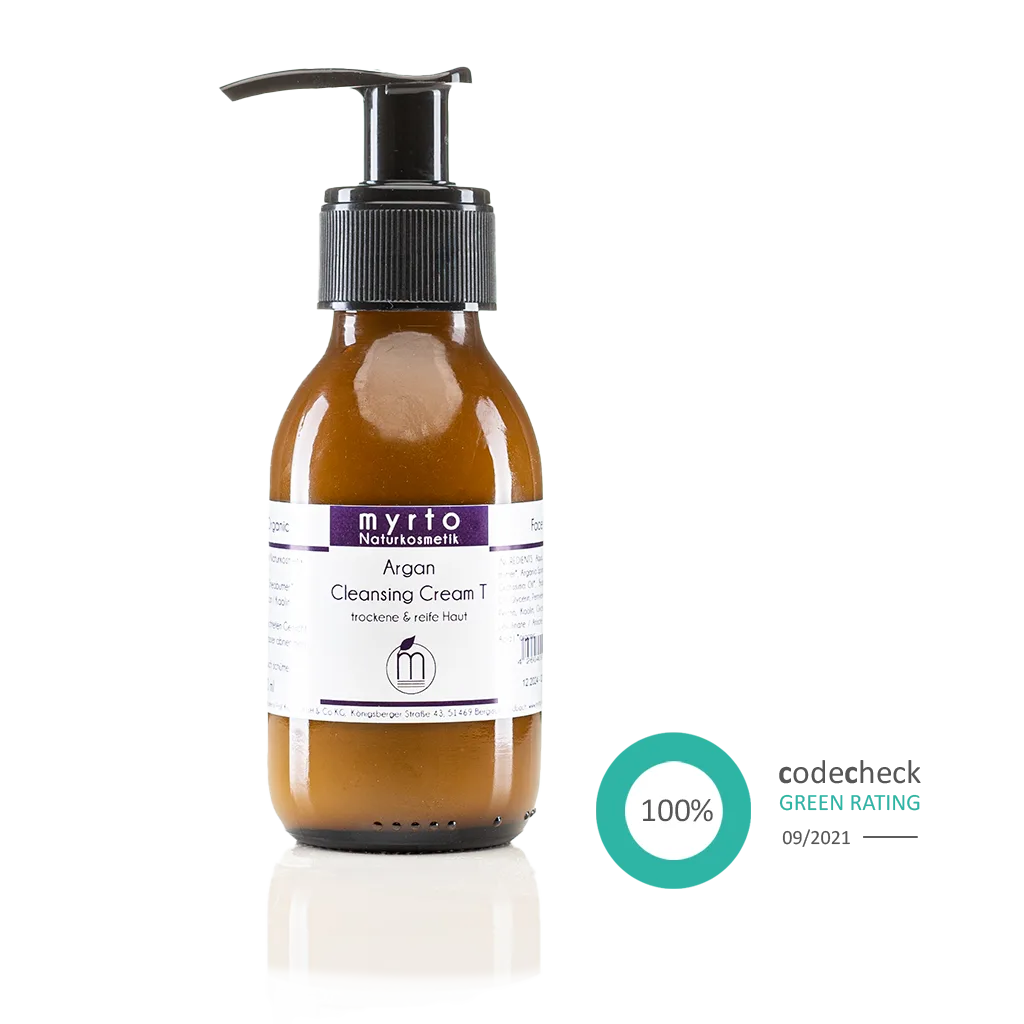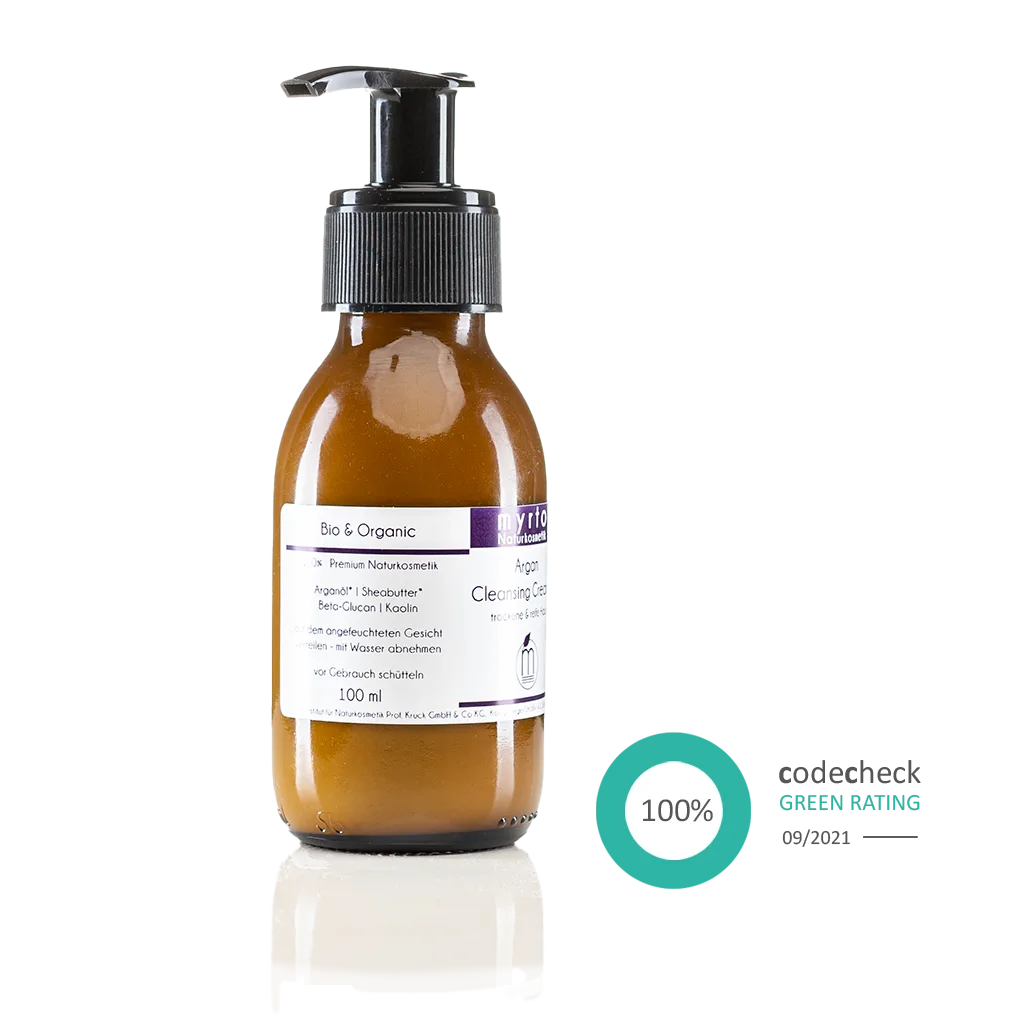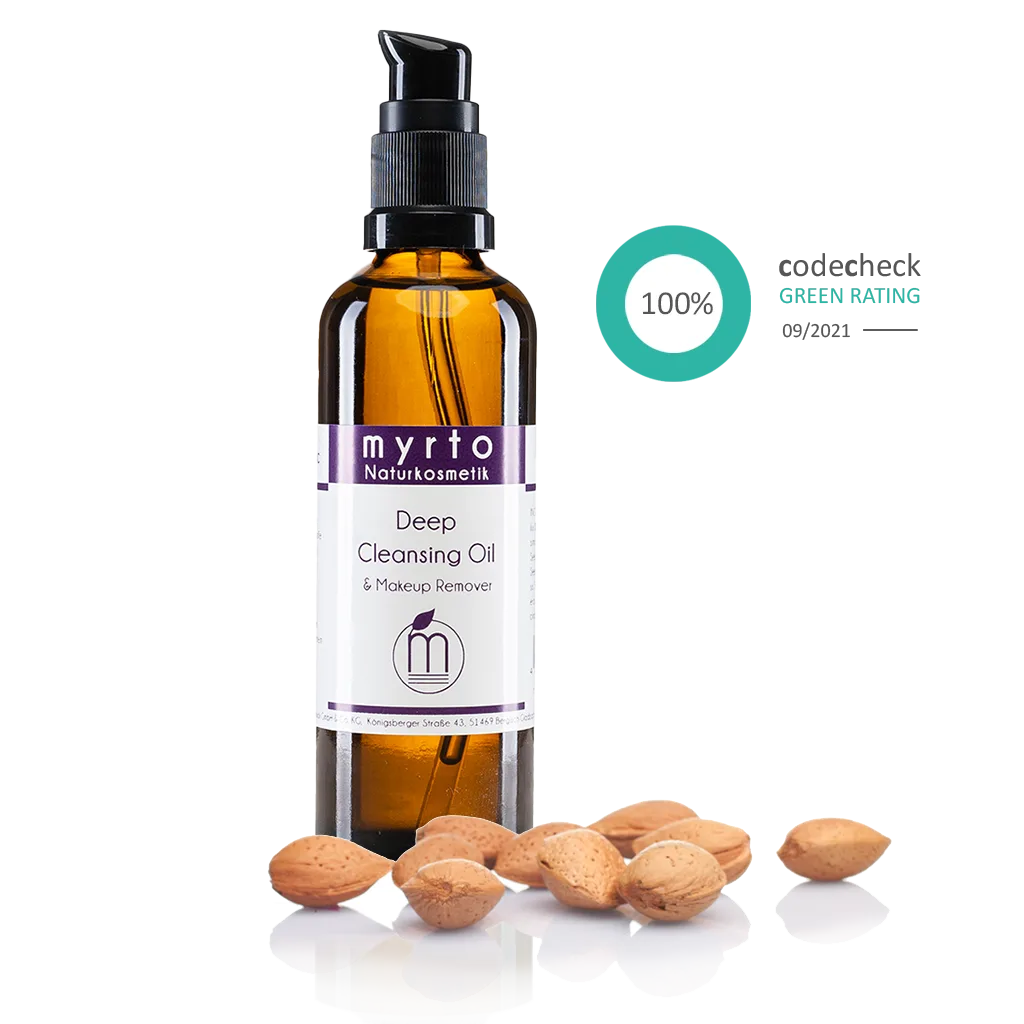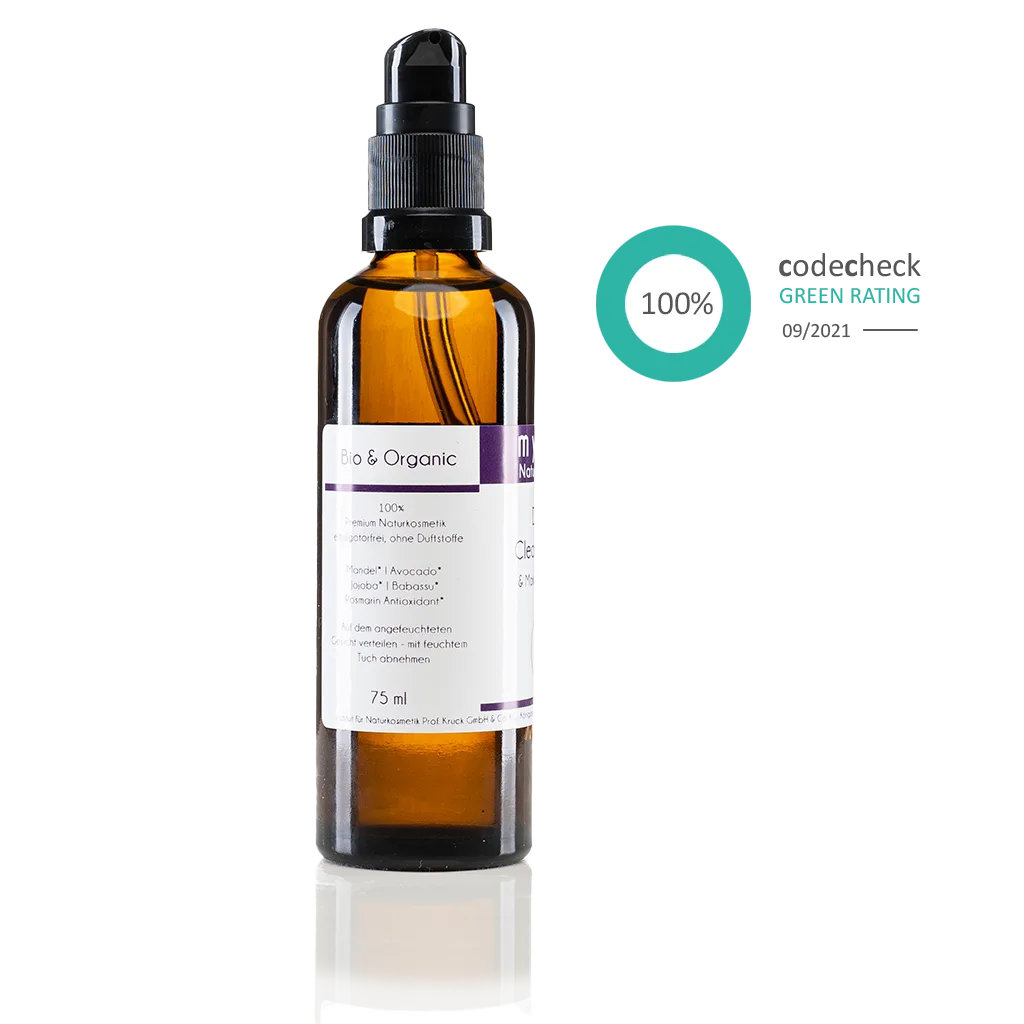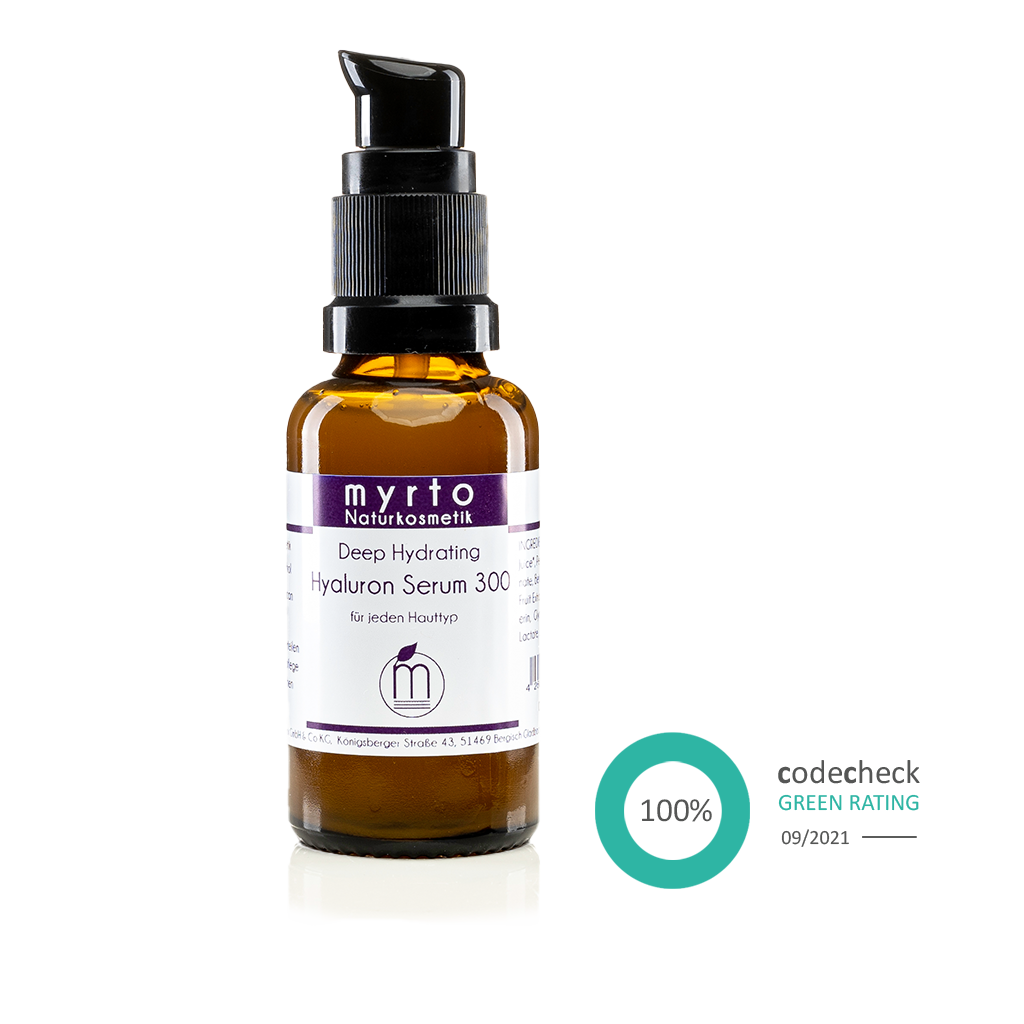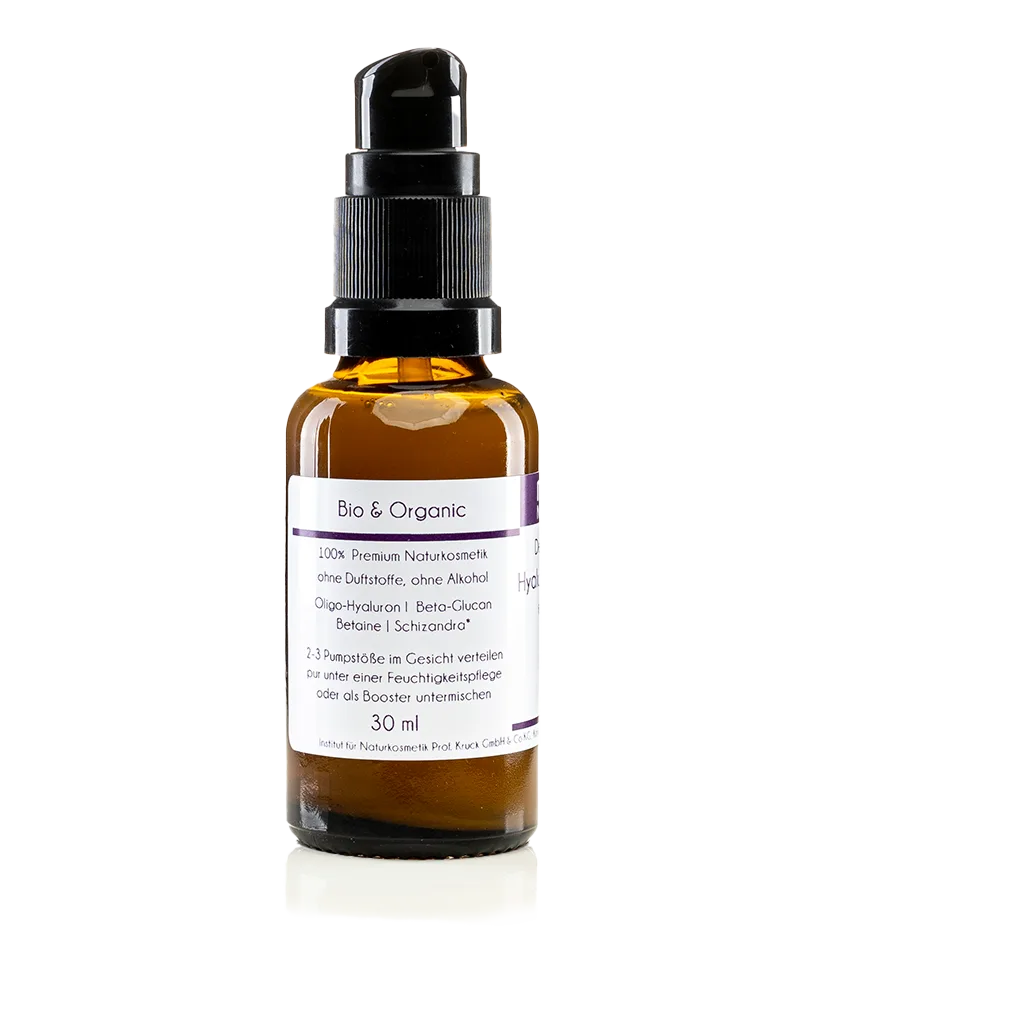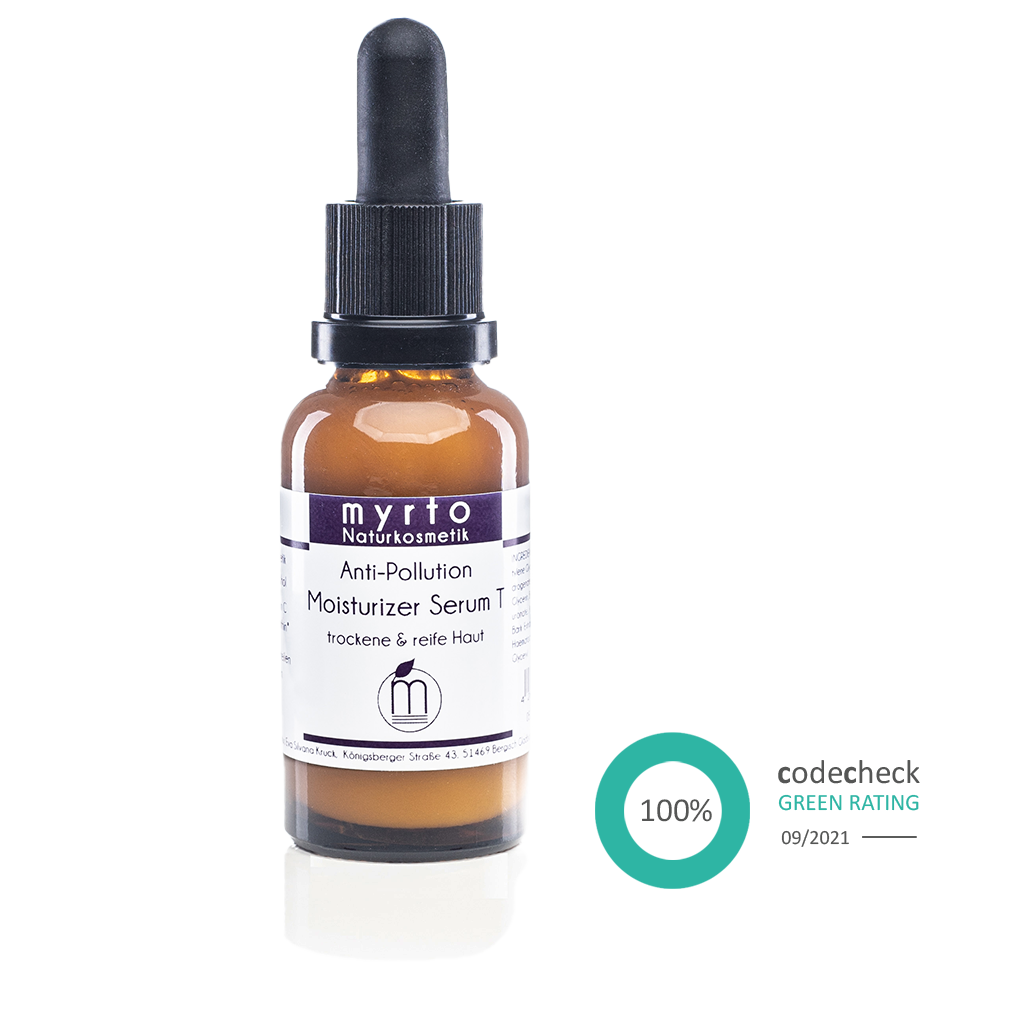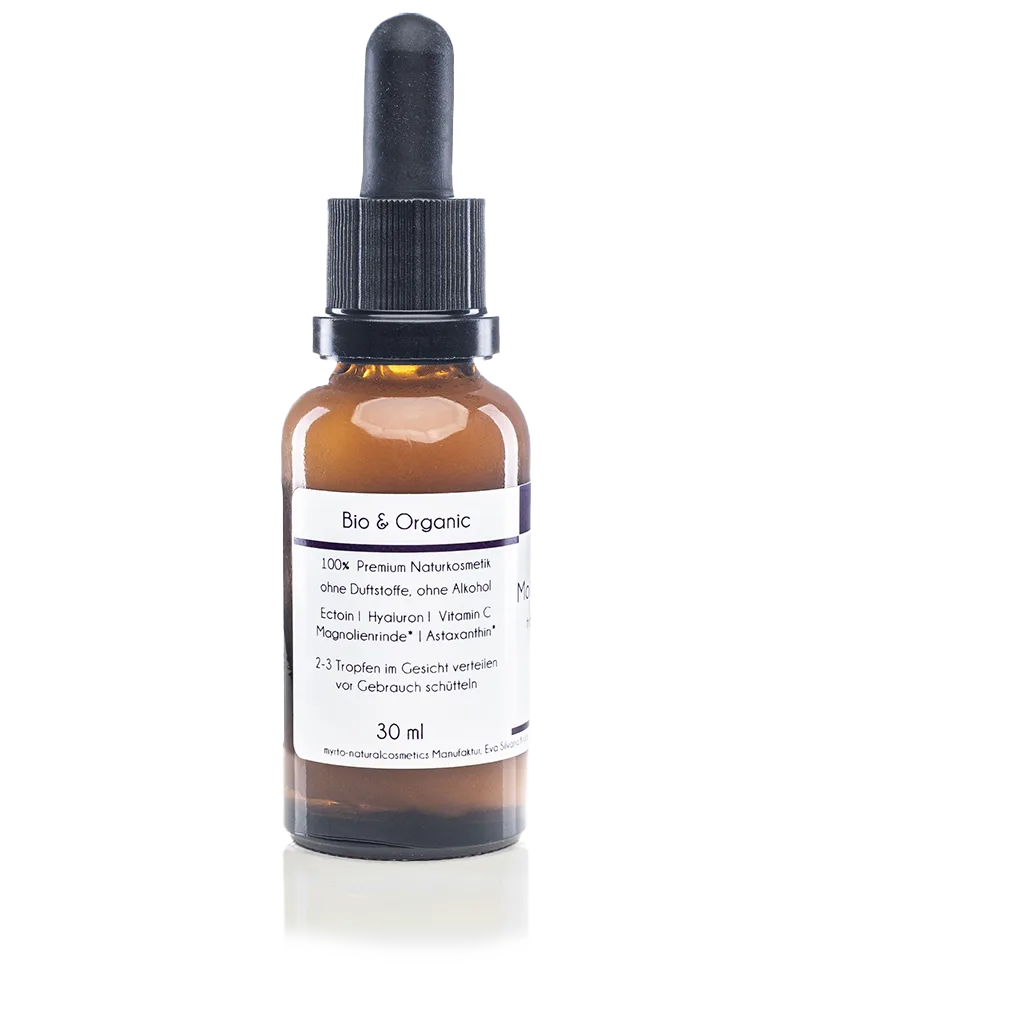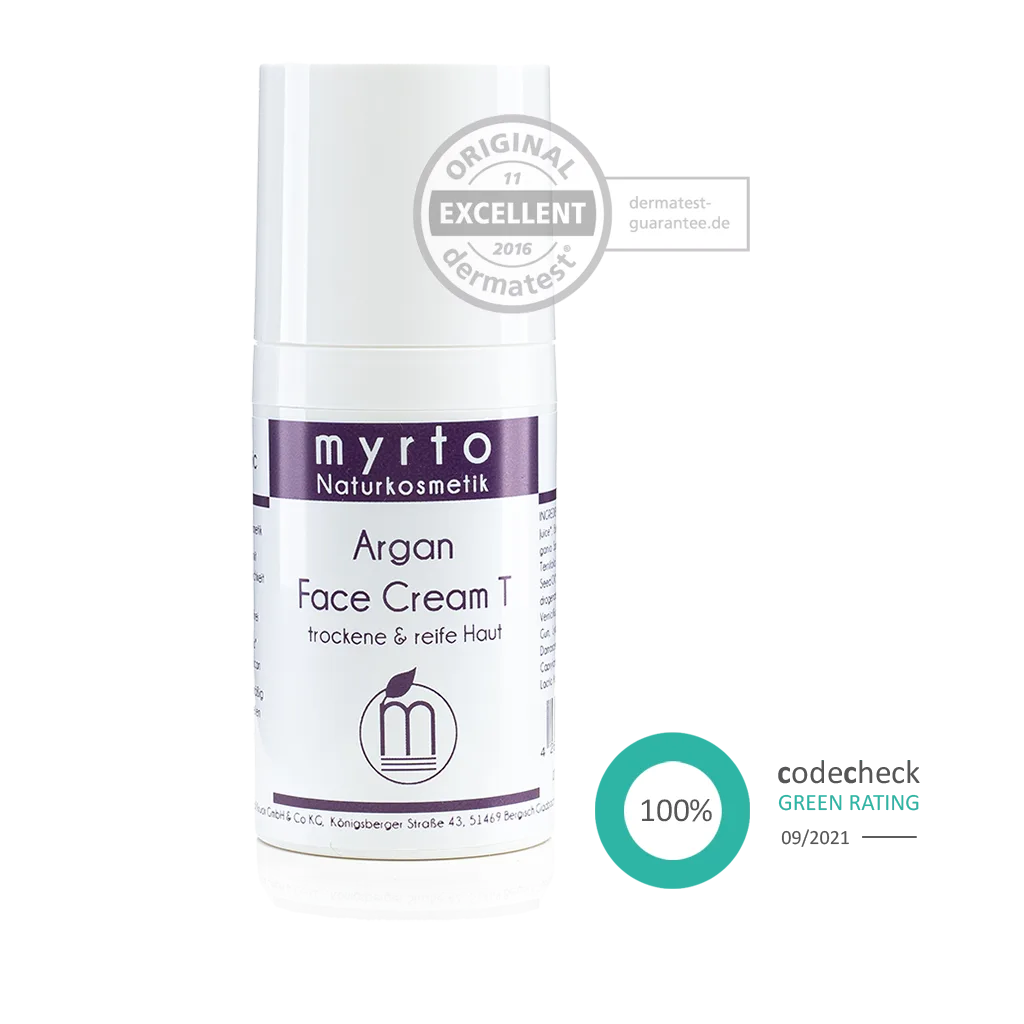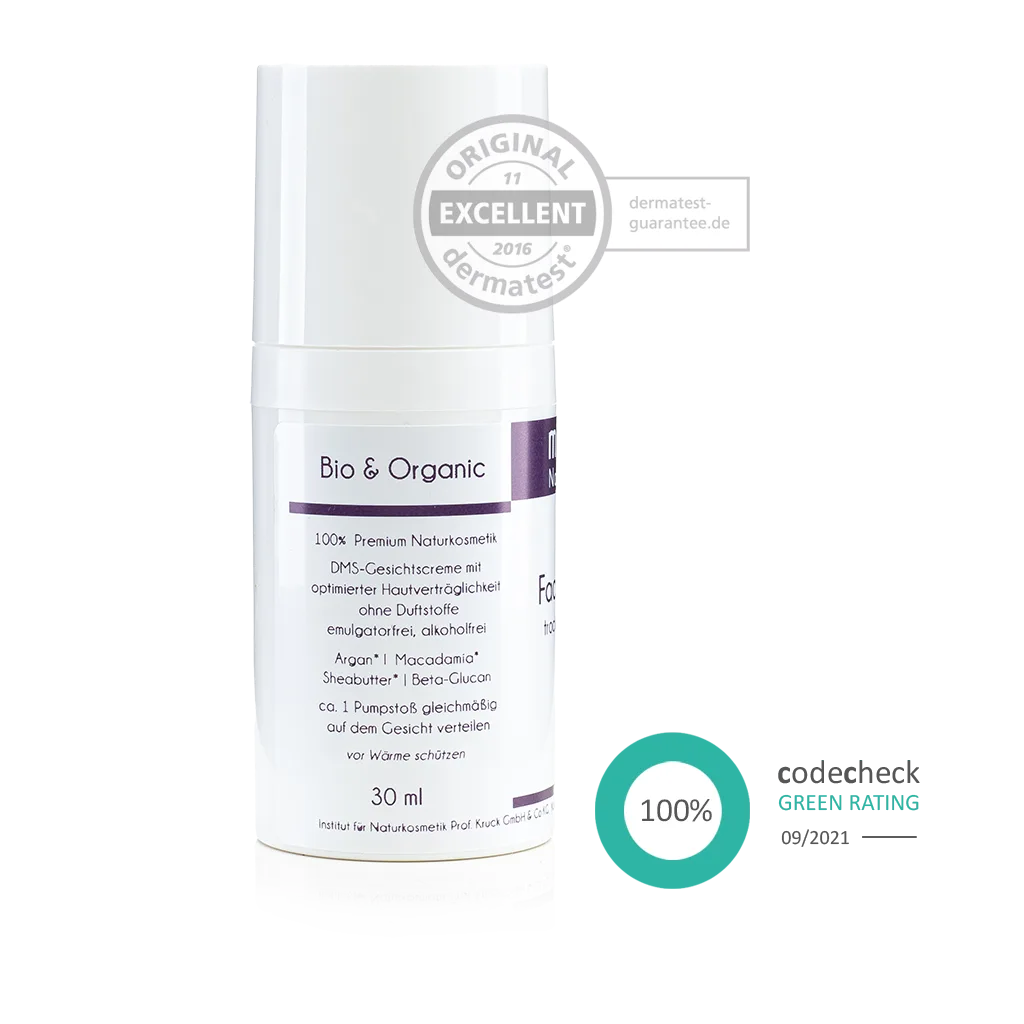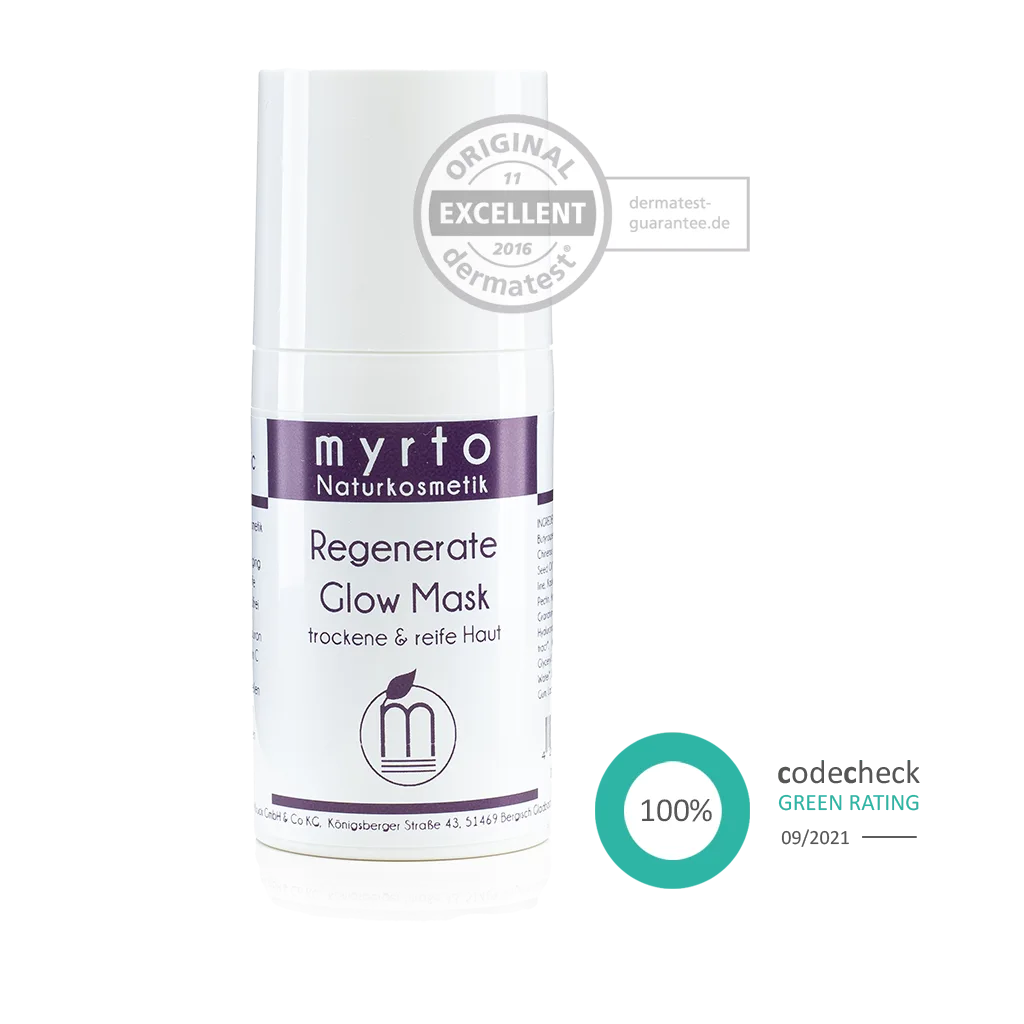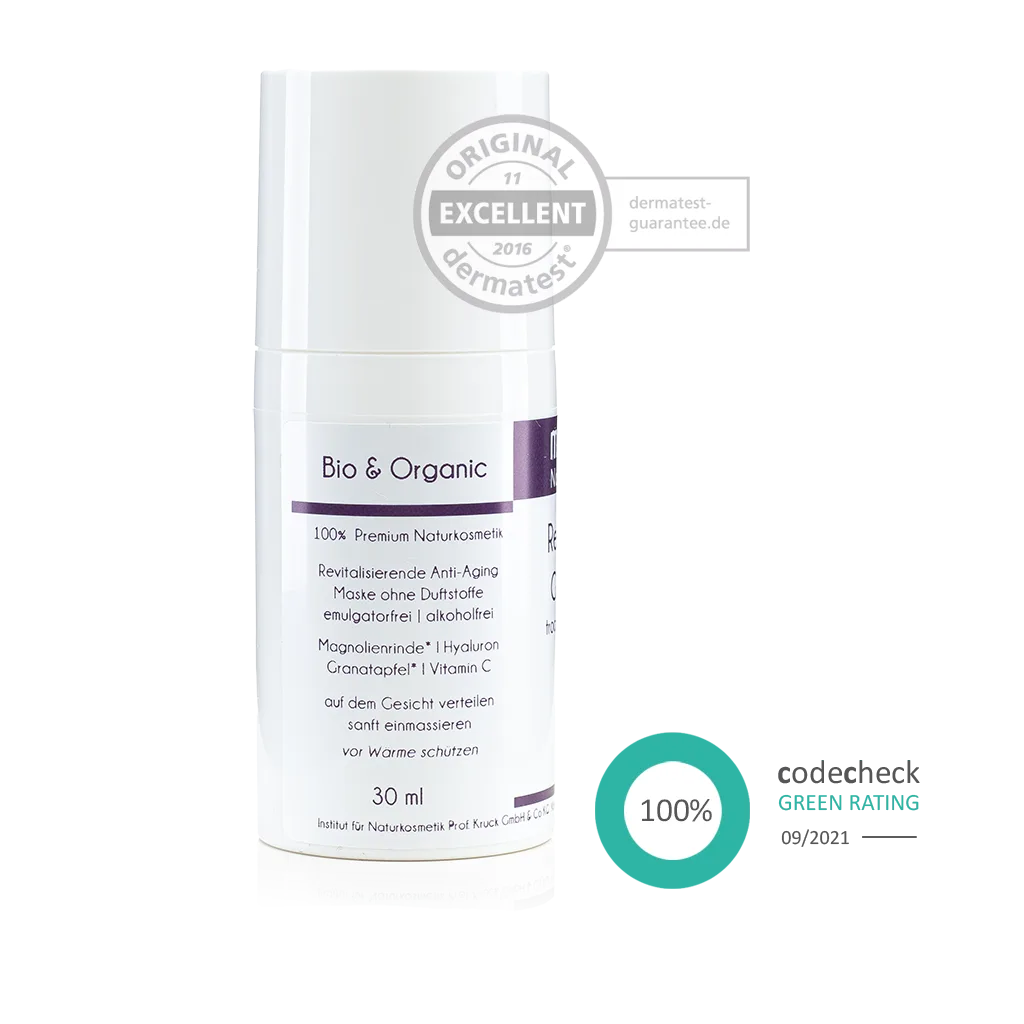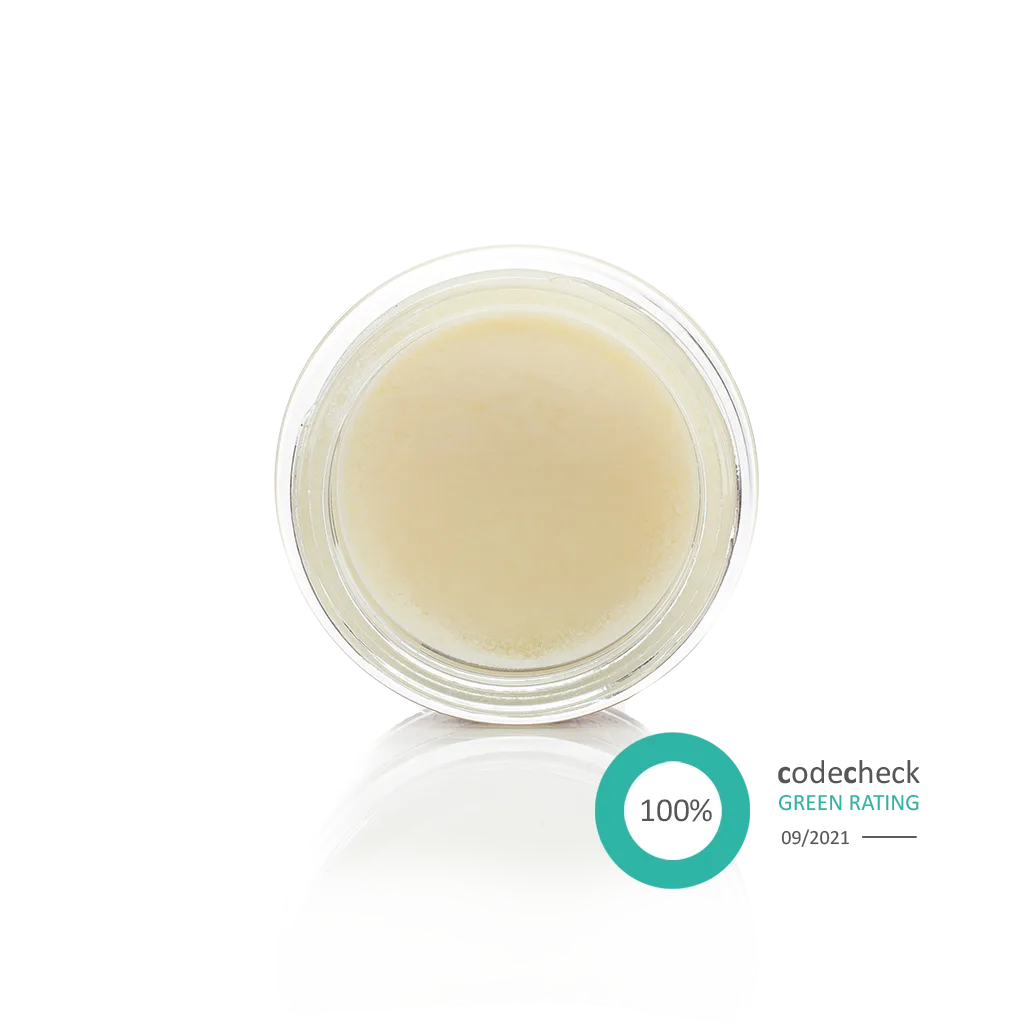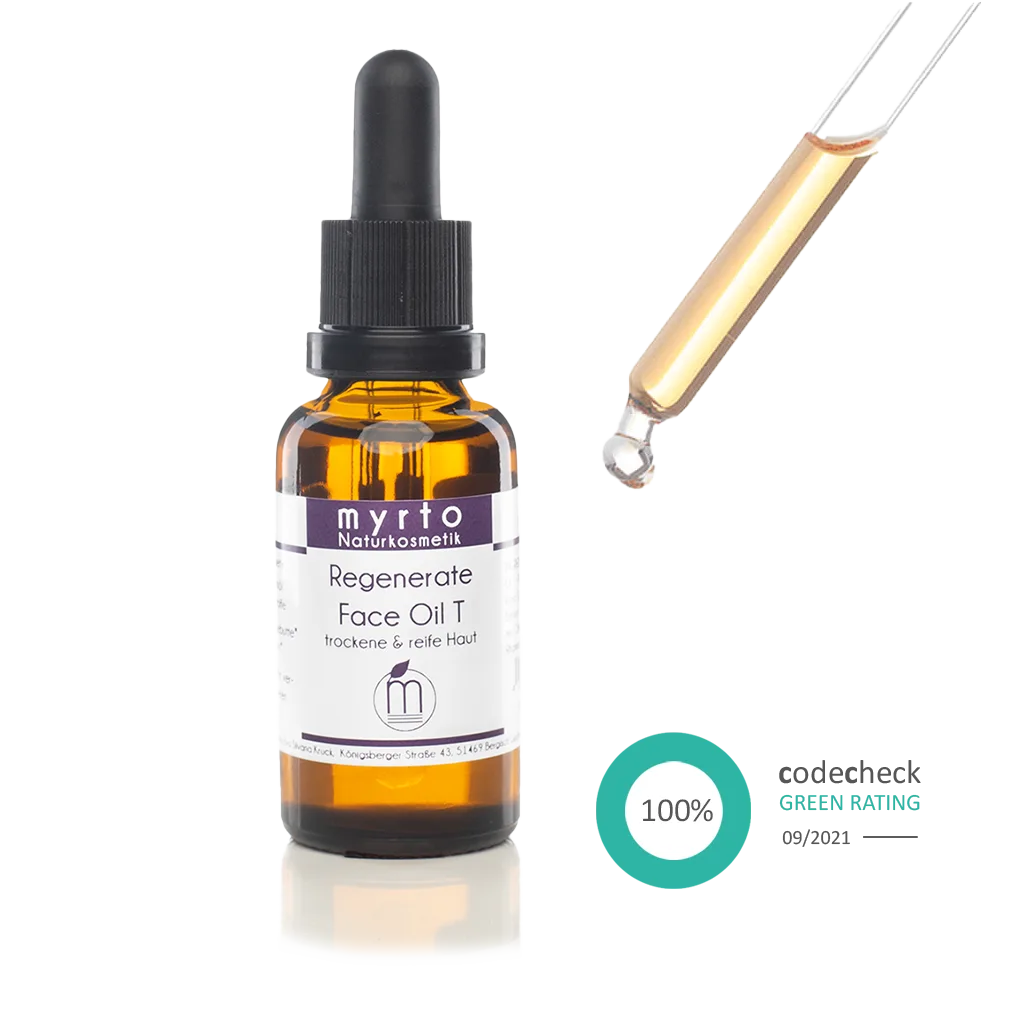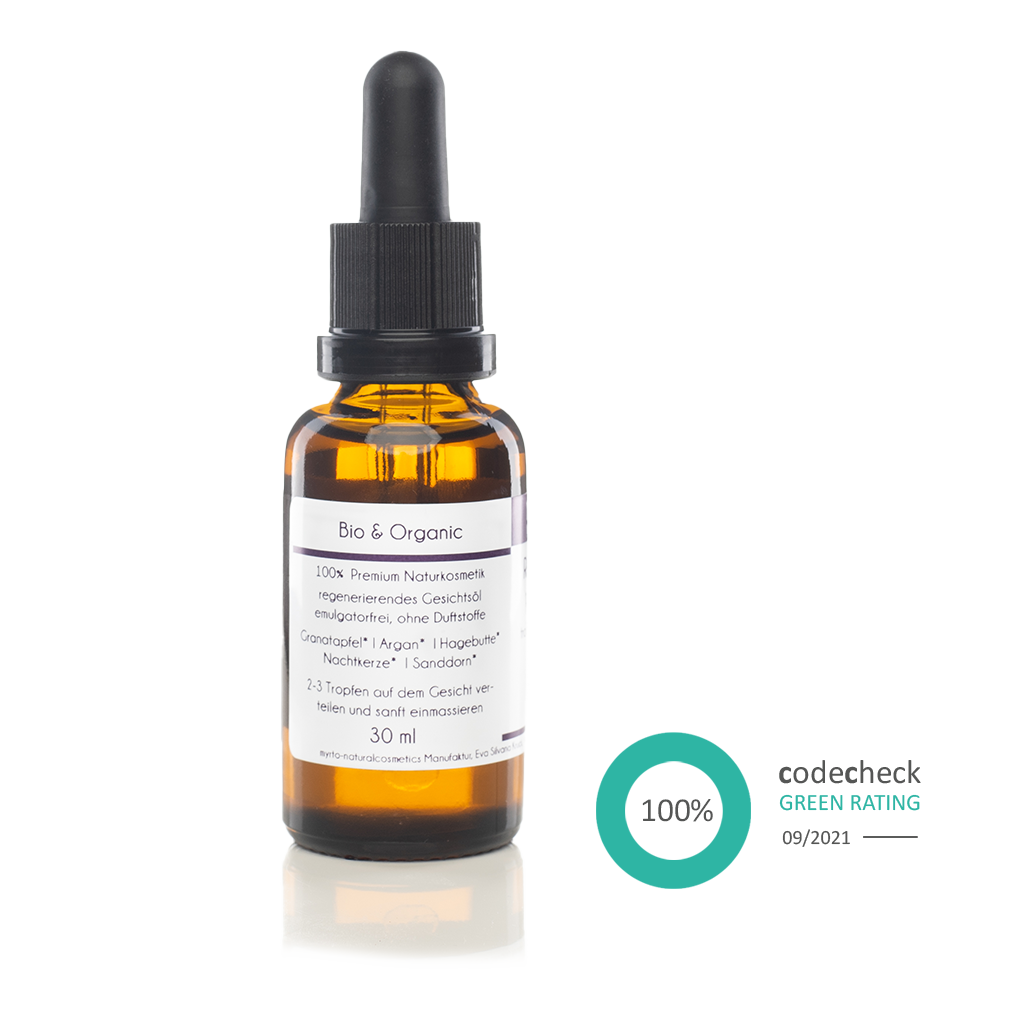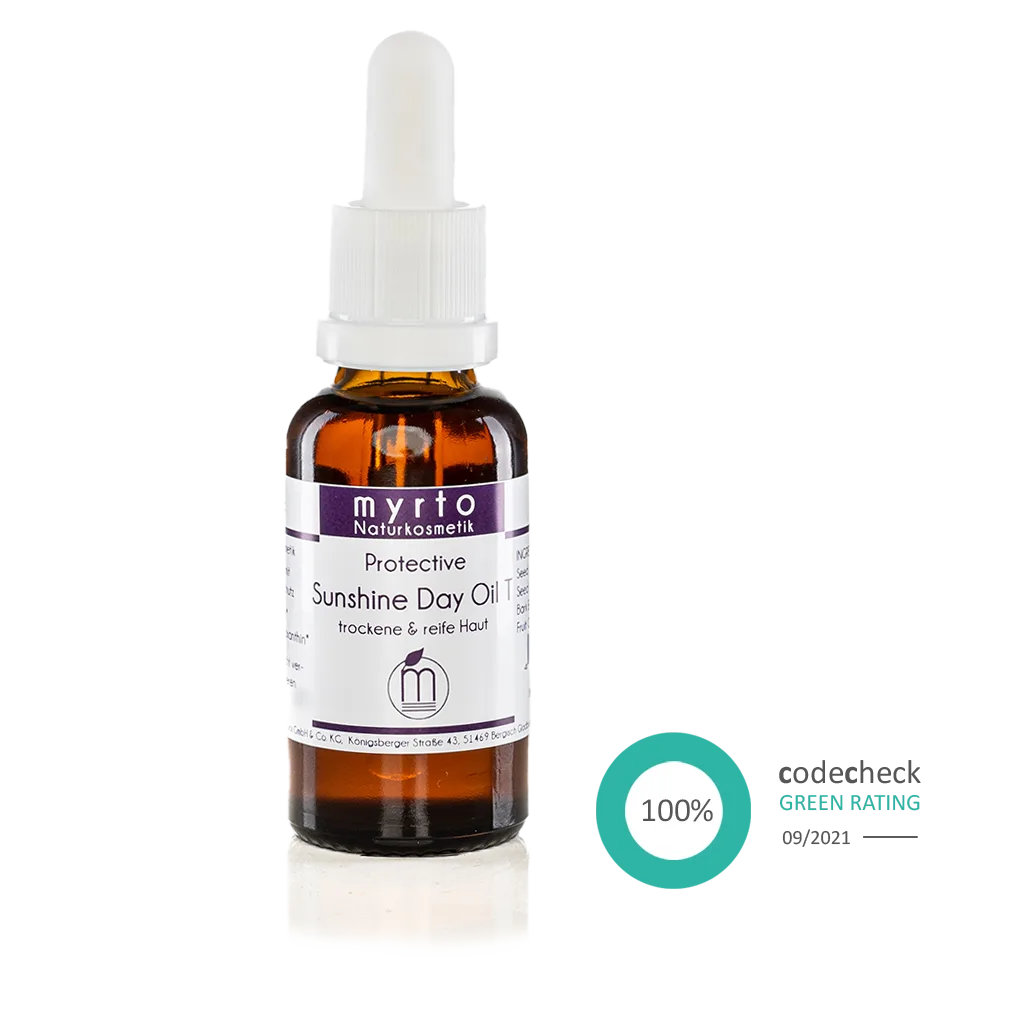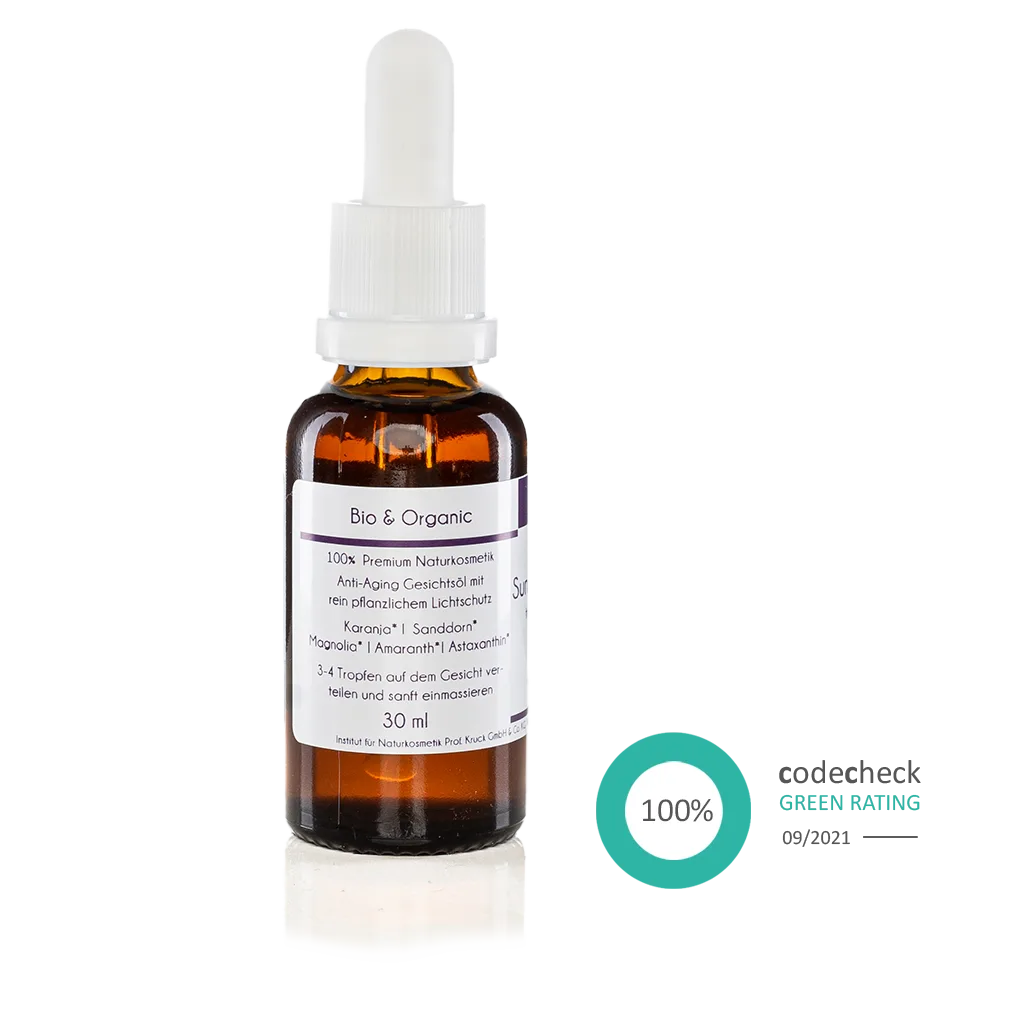Filters
What helps with psoriasis?
Natural relief for psoriasis: Soothing organic care without emulsifiers, fragrances, or alcohol – strengthens the skin barrier, relieves inflammation, and supports regeneration. For greater well-being despite chronic skin disease.
What is psoriasis?
Psoriasis, also known as psoriasis, is a chronic inflammatory autoimmune disease that affects approximately 3% of the population in Western industrialized nations. The term is derived from the ancient Greek word "psora" (scabies), which describes the visible, scaly patches of skin. The disease progresses in phases and can occur at any age, often accompanied by severe itching.
Symptoms vary depending on the form and severity of the disease. Typically affected areas include the elbows, knees, back, and scalp. Raised, reddened, and silvery-scaling patches develop there, caused by accelerated skin renewal. While healthy skin renews itself approximately every 28 days, in those with psoriasis, this process occurs within just 3–4 days. This rapid cell production leads to a buildup of dead skin cells, forming scales and scabs, often accompanied by painful cracks.
Psoriasis is incurable, and its symptoms can be a major burden on those affected—both physically and emotionally. However, there is hope: In rare cases, the disease can regress for years or even completely without any apparent cause.
Causes of psoriasis
The exact causes of psoriasis remain unclear. It appears that a combination of genetic predisposition and environmental factors plays a role. Possible causes include:
- Genetic factors : A familial clustering indicates a genetic predisposition.
- Hormonal and emotional triggers : Stress or traumatic experiences can trigger or worsen the condition.
- Lifestyle and underlying diseases : Obesity or other underlying diseases such as diabetes increase the risk.
- External influences : Cold, smoking or certain infections can promote psoriasis flare-ups.
Treatment options for psoriasis
There is currently no cure for psoriasis, but a variety of therapies can alleviate symptoms. Treatments range from topical applications to systemic therapies to modern biologics. Each form of therapy has its advantages and disadvantages.
Topical treatments
- Salicylic acid: Loosens dead skin cells and reduces inflammation, but long-term use can damage skin tissue.
- Tar ointments: Have an anti-inflammatory effect, but are considered carcinogenic if used for a long time.
- Cortisone preparations: Suppress the immune response and reduce swelling and redness. However, long-term side effects such as increased blood pressure and thinning of the skin can occur relatively frequently.
- Urea: Moisturizes, but can further irritate sensitive psoriasis skin and weaken the skin barrier.
Light therapy (PUVA therapy)
This involves treating affected skin areas with UV-A radiation in combination with the drug psoralen. However, this form of therapy is associated with risks such as increased susceptibility to sunburn, pigmentation disorders, and an increased risk of skin cancer.
Systemic drugs and biologics
In severe cases, medications such as fumaric acid or biotechnologically developed biologics that specifically target the immune system are used. These are often expensive and have side effects, but show significant improvement in symptoms in some patients.
Self-help and everyday tips for the relief of psoriasis
In addition to medical treatment, some lifestyle changes can help relieve symptoms and prevent flare-ups. These measures have a supportive effect and promote skin health.
- Healthy skin care : Affected areas of skin require rich, lipid-replenishing care that provides moisture and strengthens the skin barrier. We recommend using products like myrto Organic Argan Facial Cream, which is free of emulsifiers or irritating additives and soothes sensitive psoriasis skin. We've compiled a list of proven products for psoriasis treatments above.
- Strengthening the immune system : Many sufferers also suffer from intestinal problems, which further strain the immune system. Building a healthy intestinal flora, for example through probiotic foods or supplements, strengthens the immune system and can thus alleviate skin problems.
- Stress management : Since stress is often a trigger for psoriasis flare-ups, it's advisable to incorporate stress-reduction techniques such as yoga, progressive muscle relaxation, or mindfulness exercises into your daily routine. It's equally important to reduce perfectionism and maintain social contacts to increase well-being.
- Diet : A balanced diet with as few processed, alkaline foods as possible helps relieve stress on the body. Healthy fats with omega-3 fatty acids from hemp oil, linseed oil, or walnut oil have anti-inflammatory effects and can alleviate symptoms. Sugar, alcohol, and processed foods should be avoided.
Conclusion
Psoriasis is a chronic disease that presents sufferers with many challenges. However, with an individually tailored combination of therapy, a healthy lifestyle, and care, quality of life can be significantly improved. Long-term changes, stress management, and mindful skin care play a key role.



